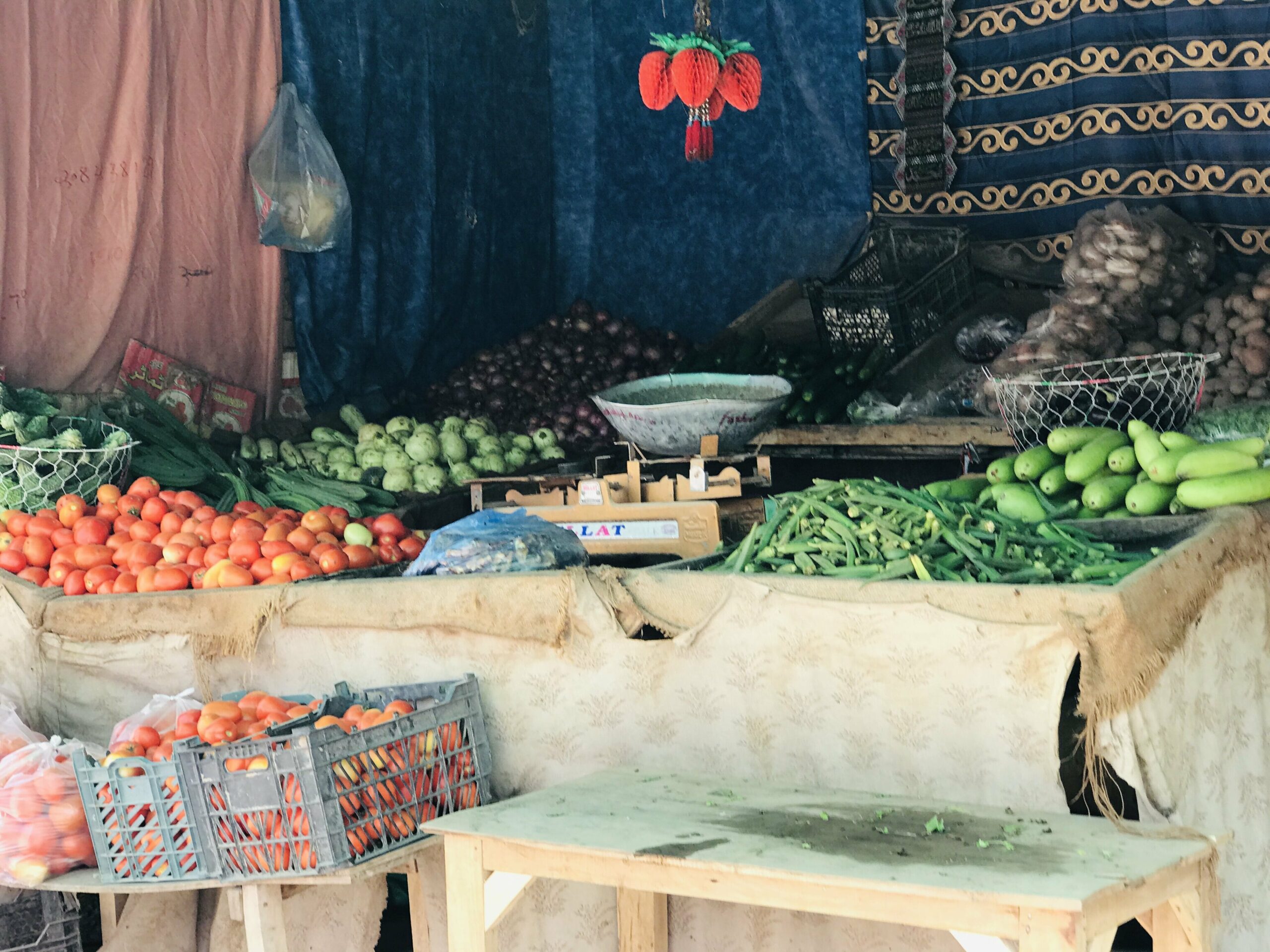Beyond crude statistics on mortality and case numbers, reporting on the Coronavirus pandemic has put two contrasting narratives into the global spotlight. On the one hand, it has exposed the extent of economic and social inequality within countries; on the other, it has shone a light on examples of local action that illustrate the power of individual agency and community cooperation.
Neither of these narratives are new to the millions of people who are living in situations of long-term – or protracted – displacement around the globe.
According to the United Nations Refugee Agency’s (UNHCR) Global Trends Report, 79.5 million people were displaced as of the end of 2019. Of these more than three-quarters (77%) are in situations of protracted displacement, understood to be ‘more than 5 years’. In the global displacement context, this now appears to be a low threshold. The situation in Afghanistan for example is now in its fifth decade, with Pakistan hosting the largest number of Afghan refugees; in Ethiopia, the first Somali refugees arrived in 1990-91 following the outbreak of civil war.
The Global Compact on Refugees (GCR), affirmed by all UN member states in December 2018, builds on the 2016 Comprehensive Refugee Response Framework, which articulated the potential for displaced populations to contribute to building local economies and the development of the wider community. However, there remains a gap in knowledge and understanding on what works to support displaced populations to engage in mutually beneficial economic activity, with the creativity, strategies and agency of such communities often overlooked.
Researching the protracted displacement economy
The Protracted Displacement Economies research programme sets out to develop a detailed understanding of displacement economies in five contexts of protracted cross-border displacement: Pakistan-Afghanistan, Lebanon-Syria, Ethiopia-Somalia, Myanmar-Thailand, and the Democratic Republic of Congo (DRC) and its Eastern border, mainly Uganda and Rwanda. In many of the countries displaced populations have been resident much longer than UNHCR’s ‘5 year’ threshold, with new generations – born into contexts of displacement – contributing to the blurring of lines between ‘local’ and ‘displaced’ populations.
This research aims to understand the dynamics, networks and exchanges that emerge across the whole displacement-affected community, including the ‘host’ population, displaced people, and a wide range of other actors in a defined area. Moreover, we recognise the international community and associated supply chains as part of such dynamics, networks and exchanges, and will explore the potential for developing circular social economy models that are anchored in humanitarian – or developmental – institutions and serviced through place-based co-operatives or worker-owned businesses.
Crucially, the research applies a feminist economics lens that moves the study beyond the narrow constraints of the economy as understood through financial transactions and market-led responses. The research will unpack the economy in its fullest sense. This includes, for example, the role of non-financial transactions, informal ‘work’, the dynamics of unpaid work (for example care work) and community cooperation including mutual aid.
Co-constructing knowledge for action
Through a mixed methods approach, the research will build a detailed understanding of three sites in each country: one camp or formal refugee site, one urban context, and a third site dependent on the country context. A large household survey will generate data across the 15 research sites, revealing similarities and differences across sites and countries.
Oral history interviews will then document multiple intersecting stories of creative agency, highlighting good practice examples and revealing the contribution of non-market transactions such as mutual aid. This story telling approach is extended through the video narratives methodology, where selected residents across sites will be trained and supported to create short films that tell their stories in their own words. These will be shared across sites and countries to open up a dialogue between and within communities and with stakeholders at national, regional and global levels.
The research will build a detailed knowledge of the dynamics and enablers for economic development across contexts, generate evidence of what works, where and why, and identify emerging initiatives and good practices that support displacement-affected communities to develop livelihoods that are more secure and sustainable. It aims to unpack and articulate the potential contributions of actors at multiple scales, including bilateral and multilateral institutions, the state (from national to local levels) and civil society (from international non-governmental organisations to community-based organisations), in providing appropriate support, structures and incentives for displacement-affected communities and economies to thrive.
In the current climate of the ongoing global pandemic, cuts to the UK aid budget which impact the programme, and research countries all battling with their own social, economic and political challenges – from the coup in Myanmar to financial collapse in Lebanon – the next 2.5 years will be a challenging research journey, but one to which all partners are committed.
Fran Seballos is Research Manager for Protracted Displacement Economies, a project funded by UK Research and Innovation through the Global Challenges Research Fund (grant reference number ES/T004509/1)
